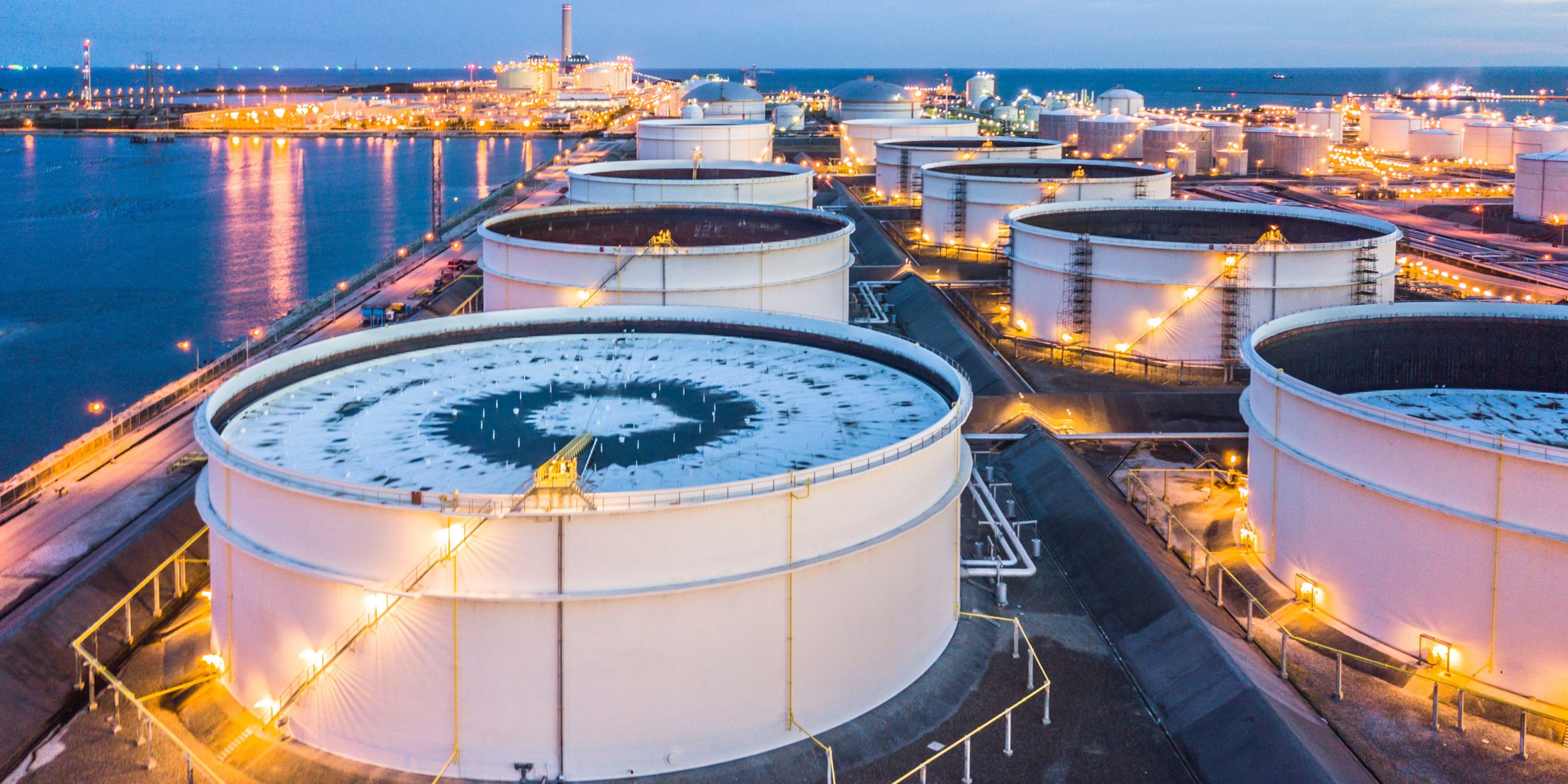Mediterranean and North Sea-focused independent Energean has lined up US energy services giant Halliburton to assess the carbon storage potential of the Prinos basin in Greece, near to its producing Prinos oilfield.
Energean’s Greece country manager Katerina Sardi said that Prinos has been identified as an ideal location to host a CO2 storage plant with a potential storage capacity adequate to store about 100% of the emissions of the Greek manufacturing sector for a period of 10 years, starting from 2025.

“Halliburton’s unique know-how and acquaintance with Prinos ensures strong project collaboration and provides the basis for the successful implementation of a project that is core to Energean’s path to net zero,” said Sardi.
Halliburton on Wednesday confirmed its carbon capture, utilization and storage specialists would collaborate with Energean to evaluate the Prinos area’s carbon dioxide (CO2) storage complex.
The work scope will include long-term plume modelling, characterizing the storage complex and a conceptual development plan with performance modelling. Halliburton also will deploy a fully integrated CO2 storage workflow leveraging DecisionSpace 365 cloud applications including Permedia CO2 software.
Work on the Prinos carbon storage subsurface study began earlier this month.
“We are excited to build on our strong relationship with Energean and to collaborate on this exciting carbon storage subsurface study where we will utilize Energean’s deep local understanding of the Prinos areas and Halliburton’s comprehensive carbon storage knowledge,” said Martin White, vice president of Halliburton Europe, Eurasia, and Sub-Saharan Africa.
“This project will be the first end-to-end CCS subsurface evaluation collaboration between an operator and energy services provider in Europe, and we look forward to supporting Energean’s energy transition journey.”
Energean earlier this year said it was on track to complete pre-front-end engineering and design work on its proposed Prinos CCS project before the end of June. If the project is approved by the Greek government, it would be the first of its kind in the Mediterranean region.
Bloomberg reported in 2021 that the planned CCS project, which would be able to store 2.5 million tons per annum of carbon dioxide, has an expected price tag of $500 million.
Energeia operates the Prinos license in northern Greece with a 100 percent working interest. The shallow-water Prinos, Prinos North and Epsilon oilfields in the Gulf of Kavala about 18 kilometers of the Greek mainland today are the only producing fields in Greece.
The company has agreed with Greece’s PPC to purchase for the Prinos asset electricity that is generated 100% by renewables. This agreement has already driven a 100% reduction in the asset’s Scope 2 carbon emissions and an approximate 45 percent reduction of Scope 1 and 2.
For more information visit www.halliburton.com


















